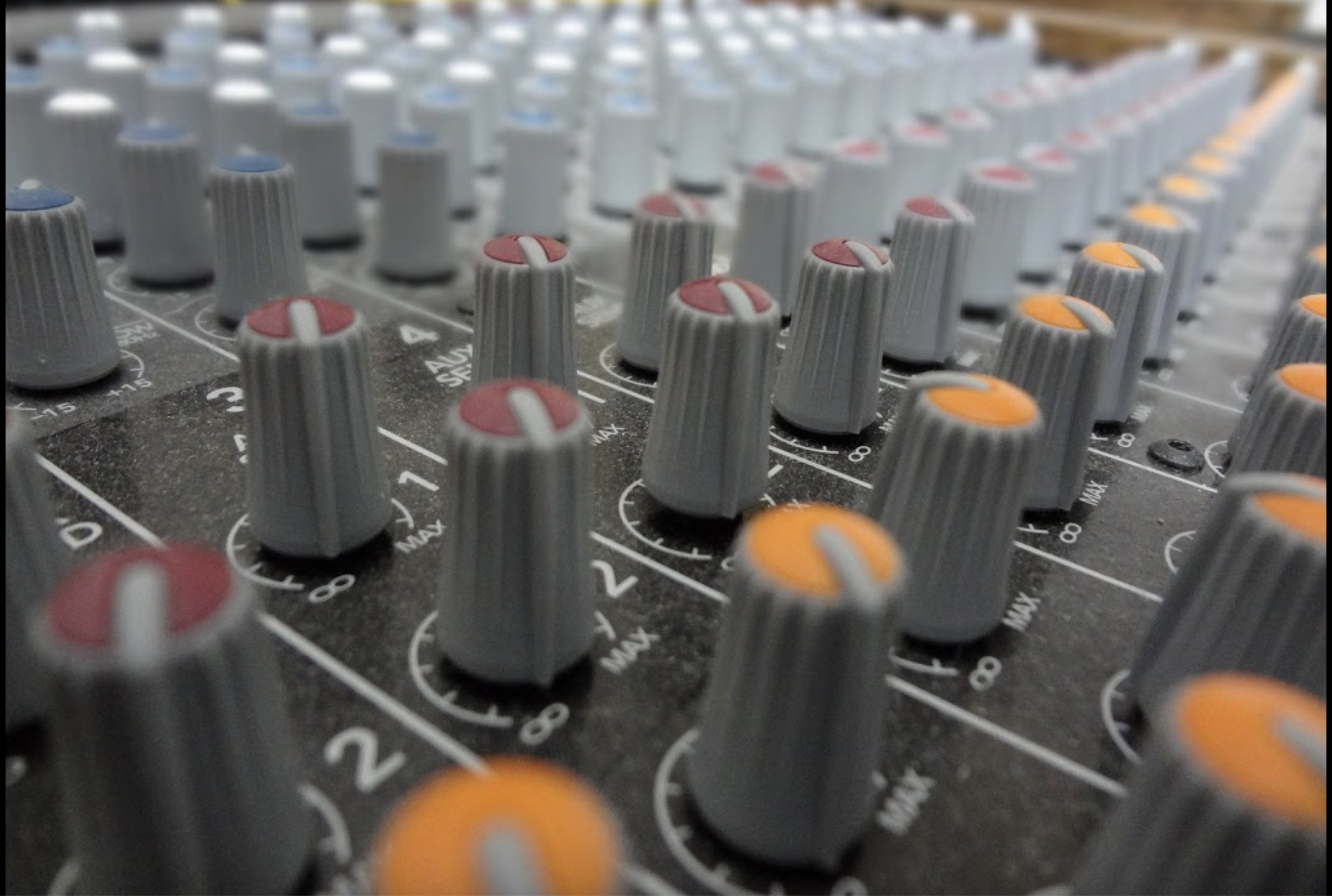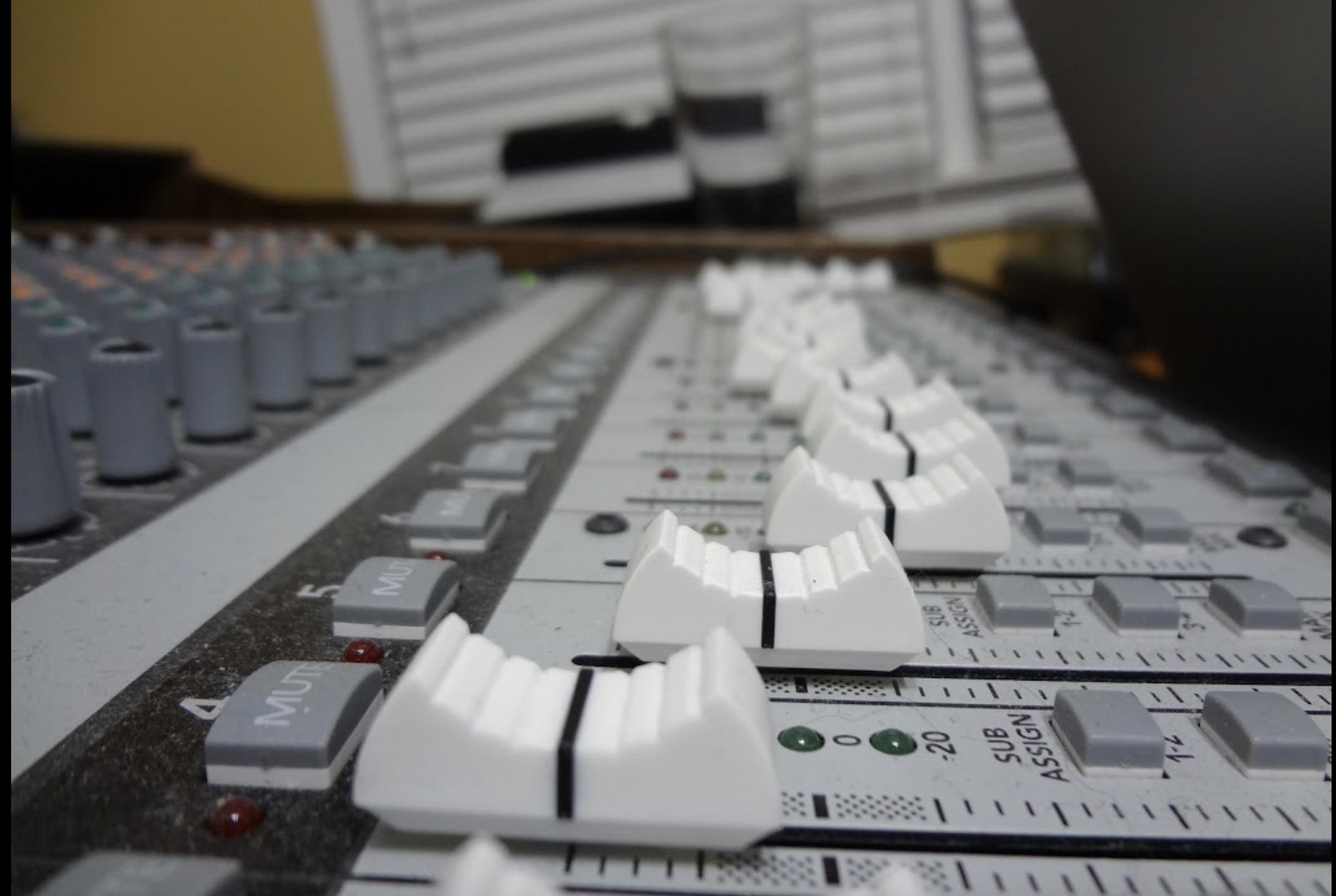M I X I N G

$ 5 0 / H o u r
Why do I need mixing?
After your studio performance is captured to media, burned in time forever and you're ready to take the next step to sonic supremecy.. Its time to mix!
- Mixing balances all of the recorded frequencies to ultimately come out of two speakers, left and right.
- Mixing, like mastering is an art and science. The art comes in the form of placement, tambre/color and style while the science dictates how to organize and respect the tonal registers of the composition.
- Recording can leave a bunch of nasty artifacts from the room, outside factors like traffic, human sounds or even electrical interference. Mixing helps remove these.
- When we listen to music live its natural, in 3 dimensions but in the speakers we're reducing it to two. This transformation from 3 to 2 dimensions poses all kinds of challenges to mix engineers, for example, masking. Masking happens when one instrument or voice blocks or interferes with another. A proper mix addresses this.
- After a solid mix is formed, you can have some fun w/ effects that transcend the feel of the track. How much reverb???
Genres, production quality and artists intent or vision all play a key role in how long a mix can take. For example, some live or "on the floor" recordings with no tight mic'ing (that means there's a microphone hanging in the room, maybe two, for the entire recording) might only be able to broadly touched during mixing. While this should only take a short amount of time, you'd be surprised how hard it is to abandon a mix and call it done. You should get good at it, bc after the 4 to 6 hour mark the mind does some funny stuff..and your returns in quality and creativity diminish. There are studies about this out there. However, for a high quality, track by track production where every single piece of a group requires an array of microphones in different patterns, each picking up an individual instrument or piece of an instrument (think drums) mixing can take epic amounts of time. If you ever join a group of veteran audio engineers, its not uncommon to hear things like "i mixed that kick drum for 6 hours to fit in the mix." Thats real. The more pieces to juggle, the more complexity in the mix, the bigger balancing act...the more time!
Don't get discouraged, if you've come to this page there's a 60% chance you do not need track by track recording and mixing on the magnitude of the mainstream, national, music acts. Why? Simple, because if you're good enough one of two things will happen:
- You will get picked up by label and they'll make you re-record everything anyway.
- You go independent and there will be demand to record you at that magnitude.
So why go spend all your money doing a track by track recording, tying up even more money in mixing for weeks or longer?
Why would a business in recording, mixing and mastering ever deter you from spending more money? MJP Audio's mantra keeps it light; Time is more valuable than money, don't waste either.


